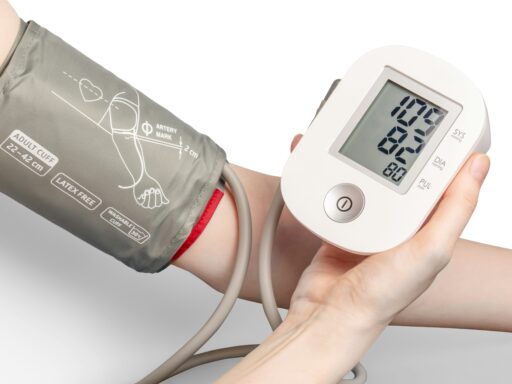Diseases
 Diseases: A Threat to Human Health
Diseases: A Threat to Human Health
Diseases are complex disruptions of normal bodily functions, manifesting as a wide spectrum of conditions that can affect any organism. These disturbances can originate from a variety of sources, including infections caused by pathogens such as bacteria, viruses, and parasites; genetic abnormalities inherited or acquired; environmental factors like pollution or toxins; and lifestyle choices such as poor diet, lack of exercise, and substance abuse.
Chronic characterized by their long duration and slow progression, pose significant challenges to global health. Conditions like heart disease, cancer, diabetes, and respiratory diseases not only impact individual lives but also place a substantial burden on healthcare systems. Infectious diseases, on the other hand, can spread rapidly through populations, causing outbreaks and epidemics. Emerging infectious diseases, such as HIV/AIDS, Ebola, and COVID-19, highlight the ongoing threat posed by pathogens.
To combat effectively, a multifaceted approach is required. Prevention, early detection, and treatment are essential components of disease management. This involves promoting healthy lifestyles, developing and implementing vaccination programs, conducting research to identify new treatments and cures, and improving access to healthcare services. Additionally, addressing social determinants of health, such as poverty, inequality, and inadequate sanitation, is crucial for preventing the spread of diseases and improving overall population health.




